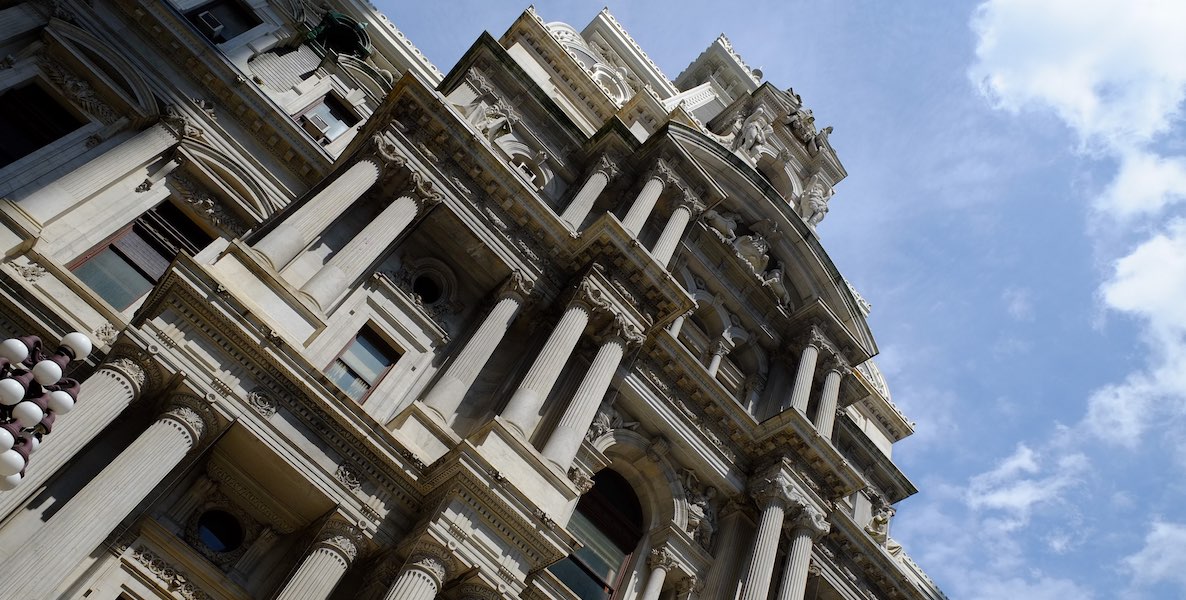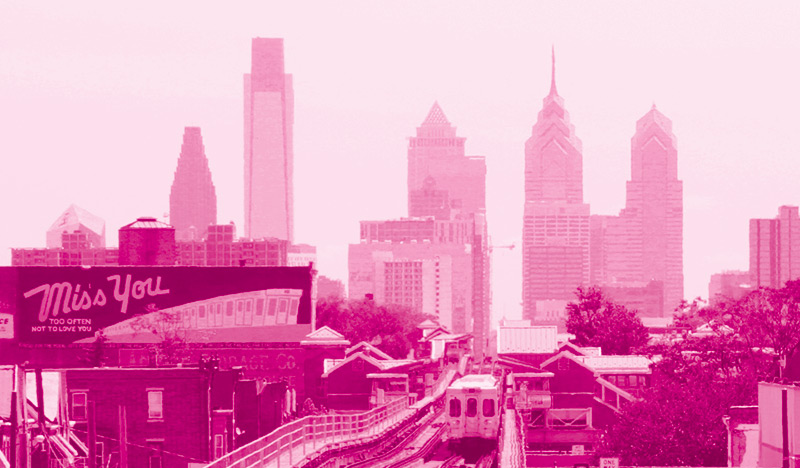Unless you were part of a jury sequestration these last few months, you likely know that the city was embroiled in a high profile debate over whether to tax soda, ostensibly to fund pre-K. The back and forth dominated our politics and our headlines and, especially, our airwaves.
But did you know that, in the new $4.2 billion city budget, there was yet another tax increase? Like the soda tax, this one was dedicated to funding a seemingly good cause. The city’s real estate transfer tax was increased by 0.1 percent in order to make much-needed improvements to the city’s low-income housing stock. But the mere fact of yet another tax raises all sorts of questions about the tax first and ask questions later predisposition of our elected officials. In fact, when you take a step back from the daily stenography of what passes for our debates about how to pay for government, it’s hard to conclude anything but that our politicians are fiscal junkies, foaming at the mouth for quick fixes to sustain bad habits.
Levying taxes has become the crack cocaine of elected officials in Philadelphia, and we’re in desperate need of a recovery program that begins with them admitting they’re powerless over their addiction.
Remember, Philadelphia is the second highest taxed city in the nation, right behind the thriving metropolis of Bridgeport, Connecticut. What passes for public discourse about funding local government here invariably centers around which tax to pass—not whether to tax. Just think of the litany of taxes over the last decade or so: Three property tax hikes. The “temporary” sales tax that—lo and behold—has become permanent. The multiple parking taxes, as well as taxes on cigarettes, liquor-by-the-drink, and trash collection.
Just think of the litany of taxes over the last decade or so: Three property tax hikes. The “temporary” sales tax that—lo and behold—has become permanent. The multiple parking taxes, as well as taxes on cigarettes, liquor-by-the-drink, and trash collection. Now comes the soda tax and the barely talked about real estate transfer tax.
Now comes the soda tax and the barely talked about real estate transfer tax increase. The transfer tax is a longstanding levy placed on real estate sales in the city. The new budget’s 0.1 increase to the 3 percent tax would, the city contends, raise the tax on a $100,000 sale by $100 and is projected to bring in $9 million annually. City Council President Darrell Clarke wants to use revenue from the tax to float a $100 million bond that would provide free home repairs to low income homeowners and create an affordable housing repair program.
It is a policy that addresses a pressing need common to Rust Belt cities. But, as we’ve written about, it may be being dealt with in a more innovative way elsewhere. In Detroit, for example, the city has partnered with Bank of America to unveil a home repair loan program. If it works, Detroit’s experiment offers something that Clarke’s programs can’t: A recurring source of revenue, from repaid loans, that can be used to fund loans to additional residents.
While we still don’t know how successful the Detroit program will be, at least the Motor City, hardened by hitting rock bottom, is experimenting with new ways to address longstanding problems. In contrast, what passed for our debate about the transfer tax hike made it clear that our local statesmen didn’t do a whole lot of homework on the issue. Councilman Bill Greenlee pointed out that it was time for such an increase, because the real estate transfer tax hadn’t been raised in some thirty years. “We haven’t targeted you for a long time,” he told Paul Garvey, president of the Greater Philadelphia Association of Realtors, who, during a hearing on the matter, argued that the increase would discourage millennials from buying in the city.
You can debate that, of course, but what’s most troubling is the illogic of Greenlee’s position. It assumes that the natural order is for taxes to rise; the addict sees no alternative to the drug. That’s why so many temporary taxes magically become permanent. (Johnstown flood tax, anyone?) Moreover, Greenlee doesn’t seem to understand the nature of the tax itself. It’s a percentage, after all, so when the city does well, the transfer tax revenue stream also grows. In 2000, the 3 percent transfer tax raised about $70 million. Fifteen years later, that same tax—at the same rate—brought in just over $200 million.
There is a point where you can tax your way into economic uncompetitiveness, and we may be in it. To be fair, the problem is daunting, as Councilman Allan Domb explained to me last week. “We’ve got 400,000 people in poverty,” he said. “We need to focus on ways to make them more productive.”
Domb, who voted for the soda tax, was criticized for voting against the real estate transfer tax hike—of course, the gotcha chorus wailed, the Condo King would look out for his own, even though his “luxury” market clientele is unlikely to feel pinched by the slight uptick. But rather than always succumb to the quick high of raising taxes, Domb has been thinking more holistically, advancing other ways to grow revenue to help those most in need grow economically. “In 2014, 40,000 Philadelphians in poverty qualified but didn’t apply for the Earned Income Tax Credit,” he says. “We left $100 million on the table. I wrote a letter to President Obama about it and I haven’t heard back yet. I said, the IRS has all the information. All they have to do is match each tax return to the Earned Income Tax tables and send out a check.”
Councilman Greenlee doesn’t understand the nature of the real estate transfer tax. It’s a percentage, so when the city does well, the transfer tax revenue stream also grows. In 2000, the 3 percent transfer tax raised about $70 million. Fifteen years later, that same tax—at the same rate—brought in just over $200 million.
In addition, he’s made a priority of collecting delinquent taxes—why enact new taxes when the city is owed some $500 million?—and reforming the way we assess property. The city has $134 billion in real estate assets; Domb argues that we’ve left $120 million per year on the table due to inaccurate assessments.
This isn’t to hold these specific ideas of Domb’s up to detailed inspection. It is, instead, to note that where he is—trying to unearth revenue opportunities from the nooks and crannies of current government practices—is precisely where the debate should be. Nor is this some knee jerk, anti-tax, supply-side screed. We should be growing the tax base, rather than just taxing more. In high growth cities like Houston, Austin and Boston, that’s what you find: More jobs equals more taxpayers equals more money to tackle common ills like schools, crime and unfunded pensions. The alternative is to tax the same citizenry more year after year, stifling economic growth. No wonder Philly’s GDP growth in 2014 was a mere 1.9 percent, second to worst of the nation’s ten biggest cities.
So now that the high-profile soda tax and the quieter real estate transfer tax hike are behind us, how about we go cold turkey? It’s time for a moratorium on new taxes and a smart conversation about how we grow the local economy.
Header photo: Flickr/Jack Donaghy




